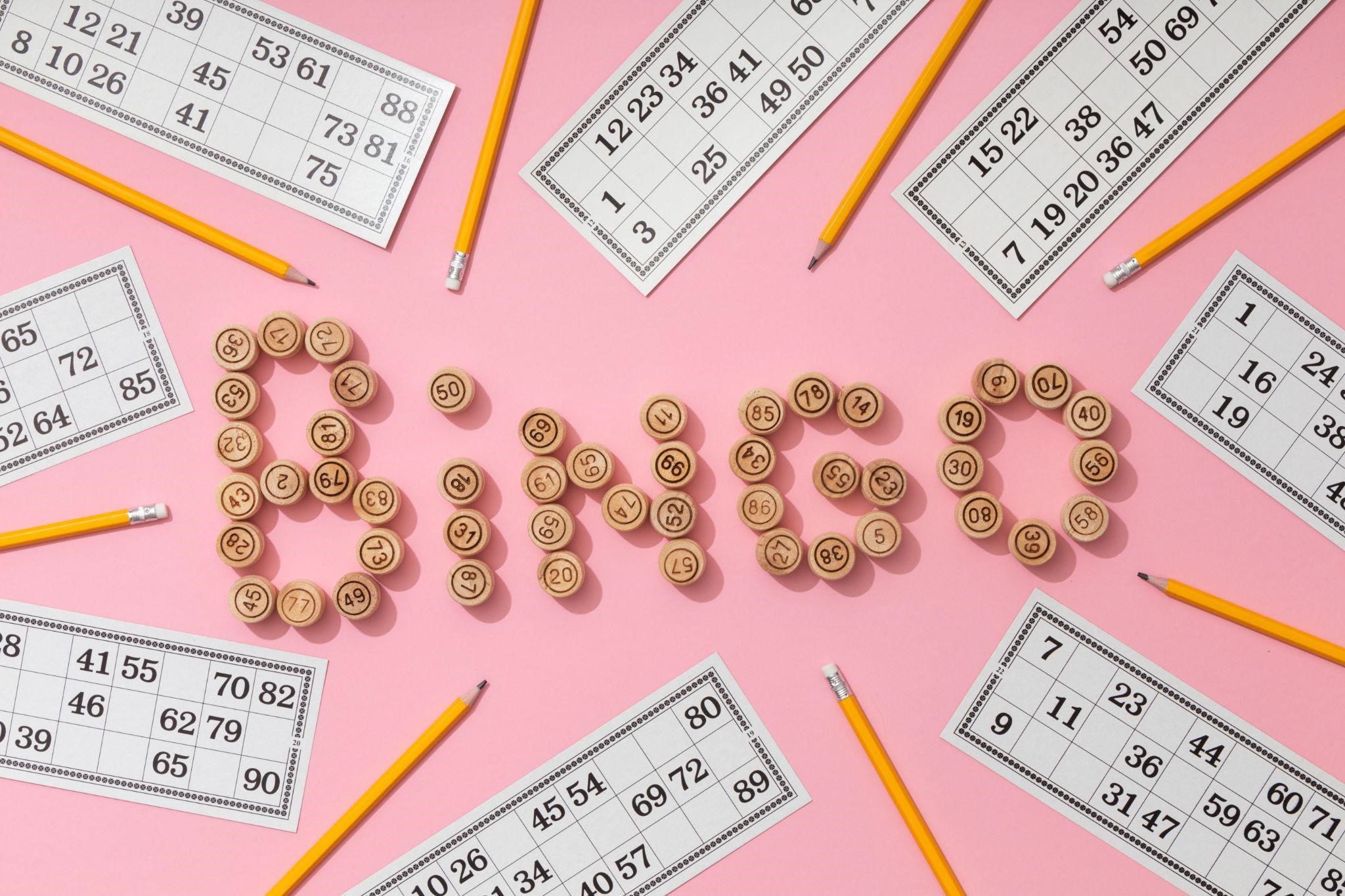A British Institution Making a Comeback in the Digital Age
Despite a steady decline since its heyday in the 60s and 70s, and rather stubbornly in the face of the pandemic, bingo is making a comeback, and its appeal has broadened to include a younger demographic. Bingo seems to be moving with the times, walking the fine line between attracting new acolytes and alienating stalwarts who’ve been filling in their dabbers for decades.
Though it is a form of gambling, there is something gentle and wholesome about bingo — it’s as much a place to socialise with friends as it is to have a flutter. And while the blue-rinse set is likely to head home when the calling ends, many younger people treat bingo as a fun place to start a night out.
Bingo is reinventing itself and has truly embraced the modern age, with digital technology and online options. Let’s take a closer look at its history and recent developments that are drawing in a younger crowd and helping bridge the generational gap.
Bingo in the UK
Although bingo has a quintessentially British feel, its origins can be traced back to 16th Century Italy, where Il Gioco del Lotto d’Italia (Italian Lottery) was popular, and subsequently spread across Europe. Bingo’s popularity in the UK was forged in the 1920s, when the game was played at carnivals, fairs, and working men’s clubs across the country.
In the run-up to World War II, the government tried to clamp down on the game, and the wider world of gambling. But as Britain began to rebuild in the post-war years, bingo increased in popularity again, as a cheap and fun way to socialise with friends, families and neighbours — and in doing so became an indelible part of national, working-class culture.
The 1960s was the golden age of bingo — in 1961 the government legalised bingo in clubs, which promptly sprung up in scores, often in old cinemas and dancehalls. By 1963 the number of bingo club members across the country was an astonishing 14 million —that’s more than a quarter of the entire UK population at the time. Although the game was still popular in the 1970s, it began to gradually wane throughout the next couple of decades and was heavily impacted by the launch of the National Lottery in 1994.
The smoking ban of 2007 also negatively affected the numbers going to the halls — a traditional hall didn’t seem complete without a stratum of cigarette smoke. More recently, the pandemic also took its toll — at least 70 bingo halls went out of business between 2020 and 2022.
Bingo resurgence
But, like a phoenix from the ashtrays, bingo has risen once more. The last few years have seen a resurgence of the game both online and in clubs — online players can choose variations on sites such as onlinebingocity.co.uk and pick between games like; classic 75 ball bingo such as social bingo, and “slingo”, which throws in gameplay from slot machines, and all variations are available via mobile apps.
It’s obvious that bingo is currently trending with younger people — the combined age of players in a 100-seater hall has recently plummeted from an estimated average of 7,500 years (simple math, if we take into account the average bingo hall patron being between 70 and 80). But what are the reasons behind this? The game hasn’t changed, and it doesn’t exude the kind of glamour found with blackjack or roulette.
Some point to the social aspect of bingo, and it’s not unusual to see groups of people in their 20s or 30s enjoying the game together in a club. It’s a place where, unlike a crowded bar, a conversation is possible over a couple of drinks, combined with the fun of the game itself. As well as the bingo hall, players can enjoy electronic bingo in a lounge, which is usually more relaxed.
The hall itself is still a stern place, where passions run high, and drama is never far away. OK, that’s an exaggeration, but people still take their bingo seriously — this anticipation, euphoria, or despair, is part of the game’s enduring appeal.
All in all, bingo can attribute its resurgence to getting it right — embracing the new without abandoning the old. Electronic bingo and online bingo take the tried-and-tested formula, and transposed it into a format more familiar and appealing to Gen X and Y.
Generation game
Bingo is a generational game — if your grandparents play it, the chances are your parents do too. And if they do, the chances are you got dragged along once you’re of age. And if you have children, the chances are… you get the point. It’s a time-honoured way to spend time with your family, almost a rite of passage. And while it may not possess the hip factor that other activities have, once you get bitten by the bingo bug, you’ll always enjoy it.
We’ve joked a little about bingo being for the elderly — it has always had its share of octogenarians — but apart from their enjoyment of the game, there are other benefits, not least of which is the social aspect. It’s easy for seniors to lose touch with their friends, especially as they get older and less mobile, and a bingo hall is the perfect social club.
While bingo isn’t age-dependent, its longevity depends on a younger crowd picking up the pencil and dabber (or taps on the screen, if so inclined). With recent developments in trends and technology, bingo’s future looks brighter than it has done for decades.

